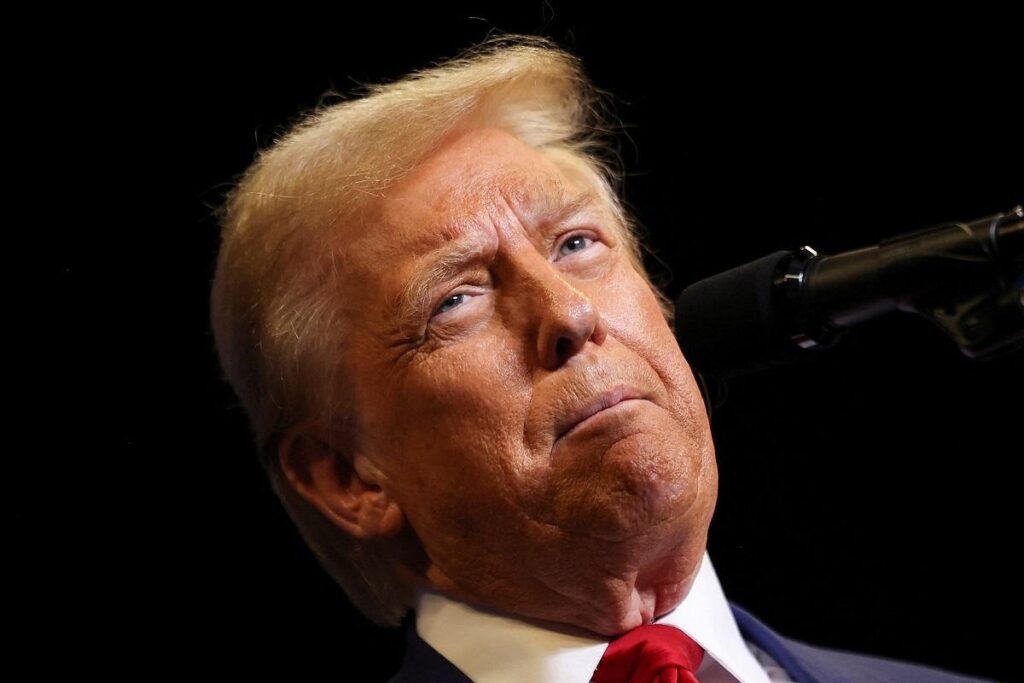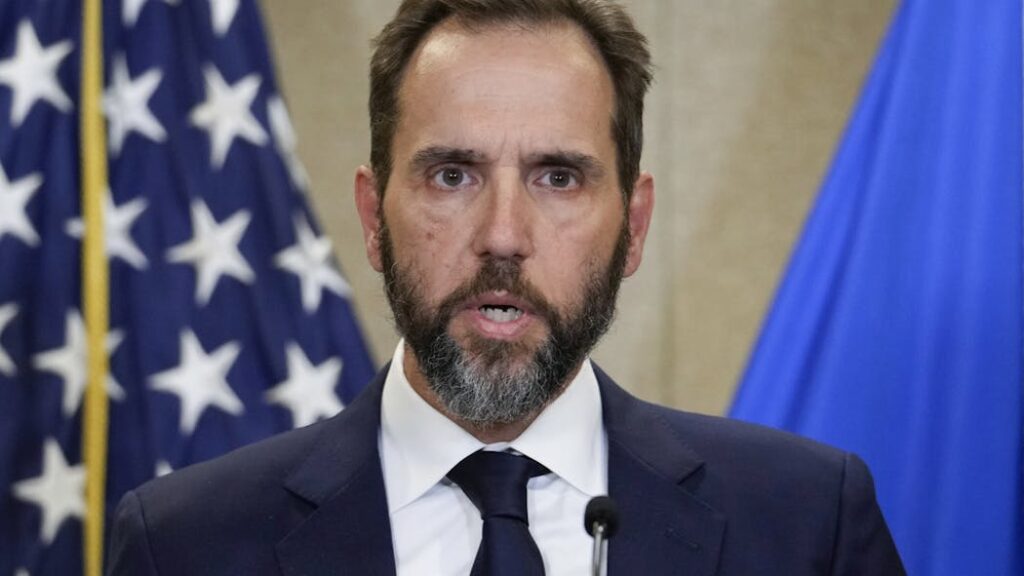A federal judge on Monday dismissed the criminal case accusing Donald Trump of attempting to overturn his 2020 election defeat, marking a dramatic end to Special Counsel Jack Smith’s prosecution following Trump’s November election victory and the Justice Department’s longstanding policy against prosecuting sitting presidents.

U.S. District Judge Tanya Chutkan’s order effectively halts federal efforts to hold the president-elect accountable for actions leading to the January 6, 2021, Capitol riot, as prosecutors acknowledged an unprecedented legal predicament created by Trump’s return to the presidency.
Special Counsel Smith, in a sweeping legal retreat, moved to dismiss both the election interference case and end attempts to revive a separate prosecution over classified documents retained at Mar-a-Lago. The decision stems from a Justice Department policy dating to the 1970s that holds criminal prosecution of a sitting president would unconstitutionally impede executive function.
“This outcome is not based on the merits or strength of the case against the defendant,” prosecutors emphasized in their filing, specifically noting the dismissal stems purely from procedural requirements before Trump’s January 20 inauguration.
The ruling represents a significant victory for Trump, who faced four separate criminal cases. The federal cases included four charges related to alleged conspiracy to obstruct vote certification following his 2020 loss to Joe Biden, to which he pleaded not guilty in August 2023.

The parallel classified documents case had already encountered setbacks when Florida Judge Aileen Cannon, a Trump appointee, dismissed it in July questioning Smith’s appointment legitimacy. Prosecutors indicated Monday they will continue pursuing appeals against two Trump associates in that case – personal aide Walt Nauta and Mar-a-Lago manager Carlos De Oliveira.
Trump’s legal team had previously signaled plans to seek dismissal based on a Supreme Court ruling from July regarding presidential immunity for official actions. Trump spokesperson Steven Cheung celebrated Monday’s development as “a major victory for the rule of law,” while Trump himself denounced the prosecutions on social media as “a low point in the History of our Country.”
The dismissal leaves Trump’s legal challenges concentrated in state courts. He stands convicted in New York on felony charges related to hush money payments before the 2016 election, though sentencing remains indefinitely postponed. A separate Georgia state case concerning 2020 election interference remains stalled.
Legal experts note prosecutors could theoretically pursue charges after Trump leaves office, though such delayed prosecution would face significant challenges. The Justice Department’s policy shift highlights the complex intersection of presidential power and criminal accountability that has no direct precedent in American history.
Smith’s reversal marks a striking change for the prosecutor who, appointed by Attorney General Merrick Garland in 2022, had aggressively pursued cases alleging threats to both election integrity and national security. Trump, who will oversee the Justice Department upon taking office, had campaigned on promises to terminate Smith’s appointment.
The decision underscores fundamental questions about prosecuting presidents and presidents-elect, particularly as Trump prepares to potentially oversee the very department that sought his prosecution. The case’s dismissal leaves unresolved the broader issue of how the American legal system might hold presidents accountable for actions that prosecutors alleged threatened democratic institutions.


